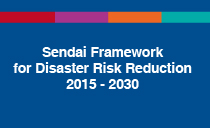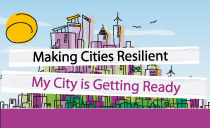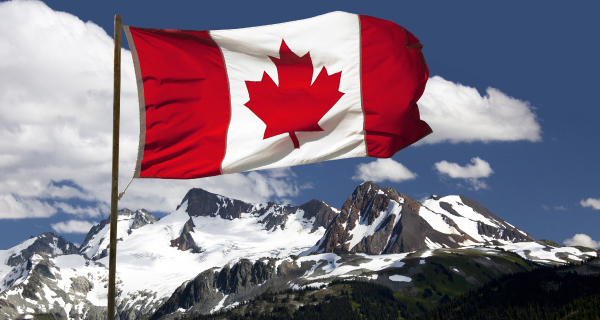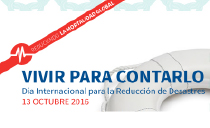UNISDR |
Public Safety Canada |
|
CANADA
From coast to coast, Canada offers many unique tourist destinations. With 9,984,670 km² to explore, travelers experience a variety of vibrant cultures, breathtaking beauty – from mountain tops and hiking trails through the vibrant forests to freshwater lakes and rivers and all other natural wonders – and many adventures and celebrations in both large cities and small heritage towns. Quick facts about Canada:
GOVERNMENT OF CANADA WEBSITE To learn more about our system of government, visit the Government of Canda Website. For more information about the Prime Minster, the Right Honourable Justin Trudeau, visit The Prime Minister of Canada Website. Canada’s 150th Anniversary Nearly 150 years ago, the British Parliament finalized legislation that would unify the provinces to create a self-governing, democratic Dominion of Canada. Known as the Fathers of Confederation, the leaders of the provinces in 1864 drafted the British North America Act (today known as the Constitution Act) and passed by the British Parliament in 1867. The British North America Act was signed by Queen Victoria and came into effect on July 1, 1867. Since then, each year Canadians celebrate Canada Day on July 1st. Find out how Canadians will celebrate the 150th anniversary on July 1, 2017 on the Canada 150 website!
To keep exploring, visit
|

Sendai Framework 2015-2030

My City´s Getting Ready!

Cancun, Mexico
#IDDR2016

